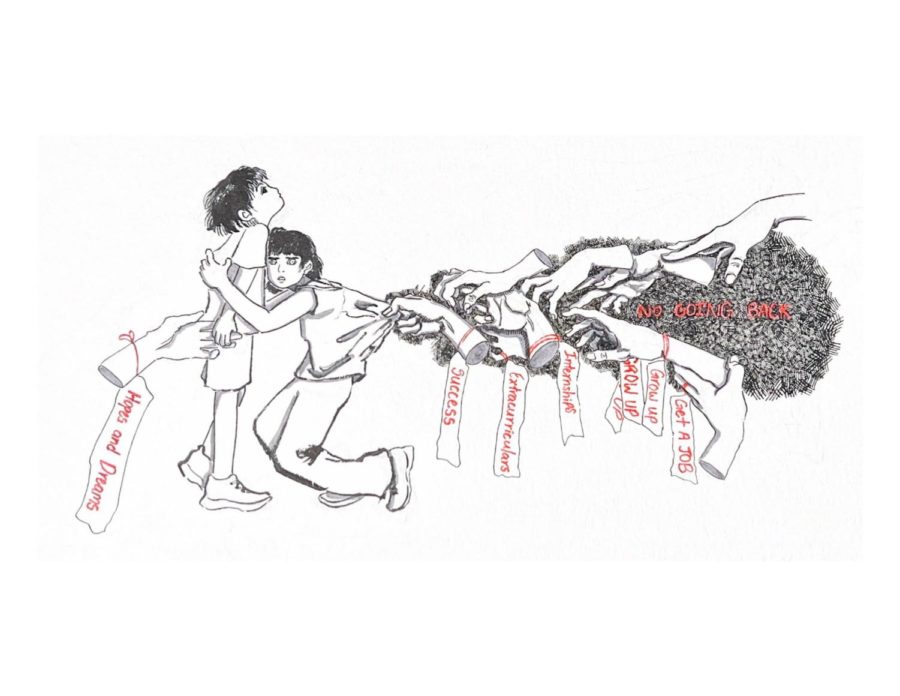Amazon CEO Jeff Bezos’s recent purchase of the Washington Post for a quarter of a billion dollars—a sum that amounts to less than one percent of the billionaire’s net worth—has opened up questions about the future of print journalism in the face of its online, often lower-quality competition.
Bezos is far from the first billionaire to bet on print media. In 2007, media mogul Rupert Murdoch bought The Wall Street Journal. In 2009, magnate New York City Mayor Michael Bloomberg bought Businessweek. In 2010, philanthropist Sidney Harman bought Newsweek—a particularly interesting case, as the magazine was sold to the millionaire for a “symbolic” one dollar.
Now, it’s true that businesses are bought, merged, and restructured all the time. But few industries have proven to be in such a consistent decline as that of print media. If Bezos’s 2012 prediction that print newspapers will be completely replaced by their digital counterparts in 20 years’ time, it could have disastrous consequences for the future of reputable news reporting.
For one, printed magazines and papers are still the chief breadwinners of written journalism. According to a 2012 Pew Research study of 38 newspapers in six media companies, for every $11 that a newspaper makes through print sales, it earns an average of just one dollar in the digital realm. Now that consumers have come to expect all digital media to be available for free, it’s become increasingly difficult to make money on the web—not just for newspapers, but for all digitally-consumable media, including music, movies, and the like.
Although one dollar in ad revenue is still better than none, online ads are not without their own host of problems. Blogs like Jezebel, Gawker, and even The Huffington Post make excellent examples of why this is the case. Easily blockable, pay-per-impression ads are an unreliable, limited source of revenue. But then there is also the greater issue of fostering a more problematic conflict of interest. By tying ad revenue (and a journalist’s or blogger’s salary) directly to the number of impressions that an article gets, the ad-driven model would seem to encourage writers to act more as salespeople than as reporters. It would drive the creation of that kind of high-frequency, high-click content that focuses more on using attractive headlines (which may or may not have anything to do with the actual article) to get readers to open an article than it does on retaining readers with accurate, let alone informative, reporting. It is, in short, the very antithesis of high-quality journalism.
But then there are the exceptions, of which The New York Times’s surprisingly profitable (and, in my opinion, completely deserved) $150 million paywall, a system that requires a subscription fee if readers want to delve into more than basic content, is the most successful and well-known example. The Wall Street Journal, too, has had success with introducing a paywall structure, as have The Economist and the Financial Times.
In light of all these options and uncertainties, it will be interesting to see the direction in which Bezos takes his new acquisition. Despite having admitted to lacking “a worked-out plan” for the publication, Bezos is known for bringing both patience and caution to his investments, qualities rare among corporate leaders. If he brings these same qualities to his role at the Washington Post, it’s likely that the paper will also become an exception to the rule. Perhaps this exception will even become the rule, just as the formerly ridiculed e-books market has gone on to surpass that of print books—a print-to-digital revolution that Bezos himself helped spearhead with Kindles not so long ago.
Anastasia Golovashkina is a third-year in the College majoring in economics. Summer Musings is a new Viewpoints blog that publishes every Tuesday and Friday through September 27th.








